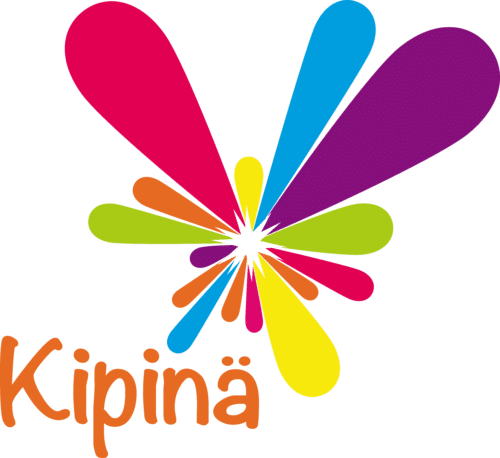Executive functioning skills are a set of cognitive abilities that are important for managing one’s thoughts, emotions, and behaviours. These skills include planning, organizing, prioritizing, and problem-solving, and they are essential for success in school, work, and daily life. Executive functioning skills develop over time, and there are many ways to support their development in children.
One way to support the development of executive functioning skills is through direct instruction. This involves teaching children specific skills, such as how to plan and organize a task, how to prioritize tasks, and how to problem-solve. This can be done through activities, games, and other hands-on experiences that allow children to practice these skills in a fun and engaging way.
Another way to support the development of executive functioning skills is through modelling and scaffolding. This involves showing children how to use these skills and providing support and guidance as they learn to use them independently. For example, a teacher can model how to plan and organize a project, and then provide support and guidance as the child works on the project on their own.
Another effective way to support the development of executive functioning skills is through the use of graphic or physical organizers. Graphic organisers are visual tools, such as flow charts, timelines, and Venn diagrams, that can help children to organise and understand information. Alternatively, physical organizers like baskets, bins, and pockets can help children sort and classify objects. These tools can support the development of executive functioning skills by helping children to plan, organize, and prioritize information.
In addition to these strategies, there are also many everyday activities that can support the development of executive functioning skills. These include setting routines and expectations, providing clear instructions, and giving children opportunities to make choices and decisions. These activities can help children to develop their ability to plan, organize, and problem-solve, and they can be incorporated into daily life at home and at school.
Overall, executive functioning skills are essential for success in school, work, and daily life. There are many ways to support the development of these skills, including direct instruction, modelling and scaffolding, the use of organizers, and everyday activities. By supporting the development of these skills, we can help children to become more independent, organised, and successful learners.
